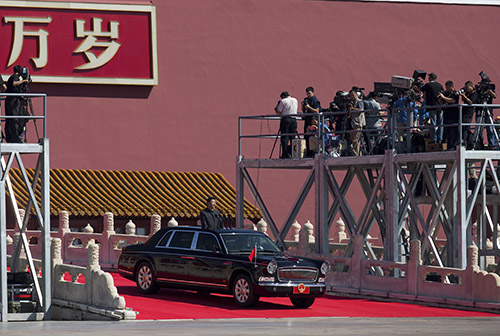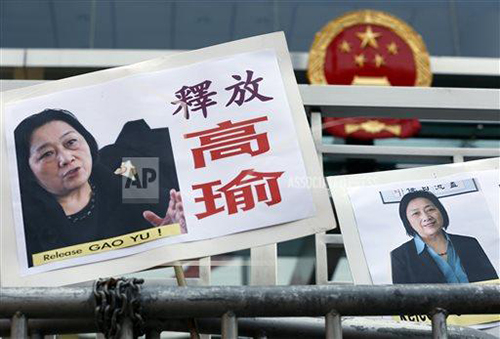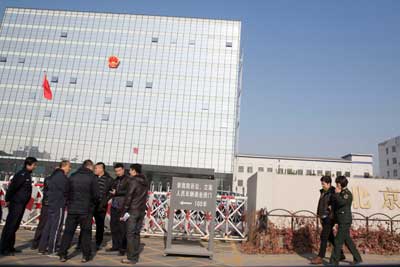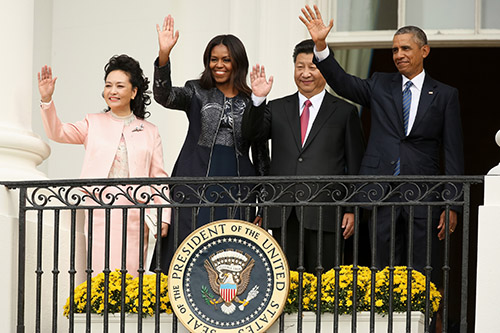Yaqiu Wang/CPJ Northeast Asia Correspondent
Yaqiu Wang has a Master of Arts in International Affairs from George Washington University. Her articles on civil society and human rights in China have appeared in Foreign Policy, The Atlantic, China Change, and elsewhere.
In China, harsh penalties for ‘false news’ make it harder for reporters to work
China’s journalists and bloggers, already under threat of persecution, face new risks from November 1, when amendments to the country’s criminal law come into effect. Under the amendment, passed in August by legislative body the National People’s Congress, those convicted of spreading false news about disasters or epidemics will face harsh penalties.

In China, last of the liberals under pressure to toe party line
The day after a lavish military parade was held in Beijing on September 3 to mark the 70th anniversary of the end of World War II and China’s role in defeating Japan, three major Chinese newspapers–Southern Weekend, Southern Metropolis, and Southern Daily–published pages of photographs and articles brimming with nationalist sentiment. The papers all belong…
Q&A: How to cope with perils of being a Chinese news assistant for foreign media
News assistants, or zhongmi (which literally means “Chinese secretaries”), are Chinese citizens working for foreign journalists in China. They play a number of roles including monitoring news leads, conducting research, translating materials, and arranging interviews, as well as acting as cultural liaisons who can explain social and political phenomena to journalists who may not be…

‘I don’t want to die here’: Gao Yu’s health deteriorates in Beijing prison
The lawyer for jailed Chinese journalist Gao Yu says the freelance reporter’s health has declined since she was sentenced in April to seven years in prison for leaking state secrets. Shang Baojun, who visited Gao in Beijing No.1 Detention Center on July 28, told CPJ that Gao says she is scared she will die in…

How China’s national security and cybersecurity laws will further curb press freedom
Convincing potential sources to share information and publishing independent journalism on social media or with the help of crowd-funding are a few of the practices that are likely to suffer under a pair of new Chinese laws–one passed, one still in draft form–local journalists tell CPJ.
